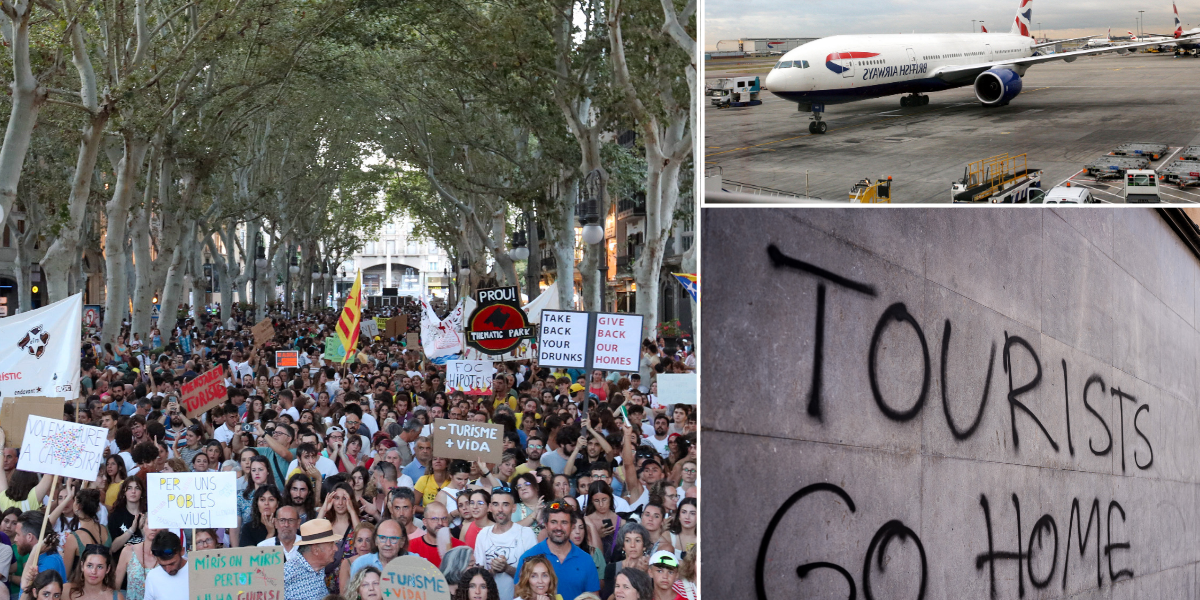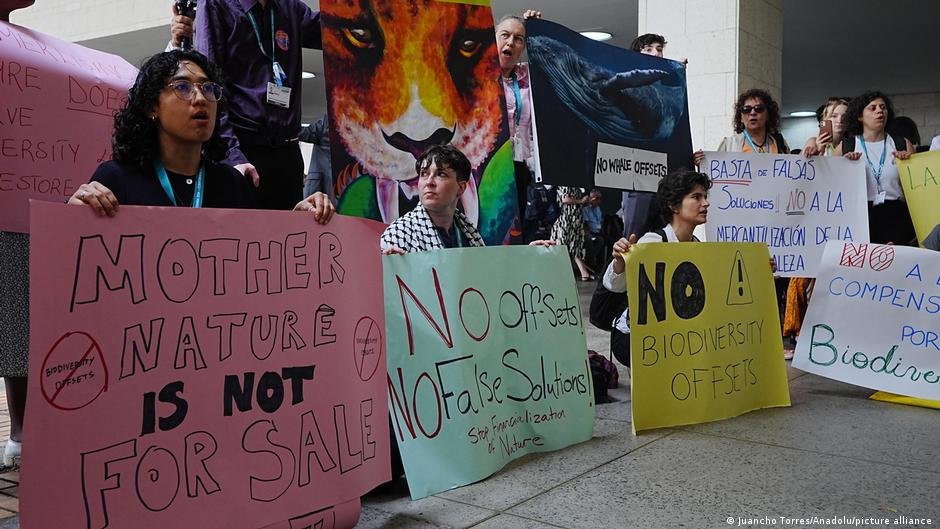US President-elect Donald Trump’s forthcoming return to the White House has ignited speculation that he would reconnect with North Korean leader Kim Jong-un through another summit, but analysts say Pyongyang has to curtail its threats and commit to denuclearisation before talks between the two could take place again.
Given the difficulties of achieving “complete, verifiable, and irreversible denuclearisation” (CVID) with the North in the near term, analysts suggest the US and South Korea should work towards convincing Pyongyang to temporarily freeze its nuclear programme and reduce its weaponry such as ballistic missiles.
“If North Korea comes to the table with intent and goodwill, an environment conducive to trust-building that could potentially evolve from a freeze to a rollback [of its threats] might be possible,” said Sydney Seiler, chair of the Center for Strategic and International Studies Korea.
Analysts believe that if Trump fulfils his campaign pledge to end the war in Ukraine, North Korea might be pressured to re-engage diplomatically with the South and Washington, given that it could potentially lose Russian support despite its participation in the conflict. Earlier this week, a Ukrainian official said Kyiv’s forces had fired at North Korean troops for the first time in the Russian border region of Kursk since they were deployed to Russia recently.
“The election of Trump is accepted as good news for North Korea,” Koh Yu-hwan, former head of the Korea Institute for National Unification, told This Week in Asia.
Trump and Kim previously met over two landmark summits in Singapore in 2018 and Hanoi in 2019, although both meetings failed to yield an agreement on curbing North Korea’s nuclear programme.

 By South China Morning Post | Created at 2024-11-08 00:21:44 | Updated at 2024-11-08 03:00:03
2 hours ago
By South China Morning Post | Created at 2024-11-08 00:21:44 | Updated at 2024-11-08 03:00:03
2 hours ago




/cdn.vox-cdn.com/uploads/chorus_asset/file/25709978/Credit__Luis_Yan_ez___ED_DSC00150.jpg)



